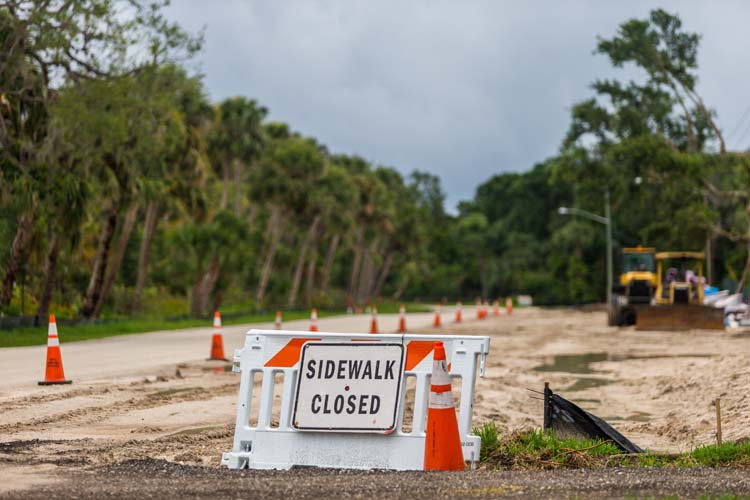
The county is offering a third and final amnesty to residential developers who got caught short during the Great Recession and are still suffering its effects.
A local building boom preceded the recession, cresting between 2004 and 2008, according to County Commissioner Tim Zorc. It was a time when developers, who may or may not have had firm projects, reserved water and wastewater capacity for land they owned in order to attract buyers or investors who wanted “shovel ready” properties.
The developers paid impact fees and took on monthly “service availability fees” before pulling building permits for new subdivisions or even having firm backing for their projects, because only a limited amount of capacity was available and they didn’t want to get left out as the boom accelerated.
Then the recession hit.
Utilities Director Vincent Burke said, “Once the infrastructure is built with impact fees paid by the developer, the county maintains that capacity. Monthly service availability fees reimburse the county for the recurring costs to maintain the capacity. If not paid, other customers have to subsidize the utility for those expenses.”
The “service availability fee” is based upon “Equivalent Residential Units” equal to 250 gallons of water usage a day. A typical single-family home is assigned one ERU for water and one ERU for wastewater by the county when calculating a development’s capacity needs and charges. Larger buildings and homes are assessed more ERUs.
When the recession hit, about 25 projects didn’t get built, Utilities Finance Manager Cindy Corrente said, and as time went by some of the developers stopped paying for their reserved ERUs or “service availability” bills.
Fees vary but in most cases are in the $25 to $30 per month per house range. That means if a developer reserved capacity for a 50-home subdivision, the monthly tab would be between $1,250 and $1,500 per month, month after month, year after year, on top of other carrying costs such as property taxes and interest on loans.
Developers owed close to $6 million in base and late fees at the end of September, Corrente said. The top six developers in arrears have 882 water ERUs and 876 wastewater ERUs on the books, according to her report.
Indian River County Commissioners want to clear up the debt owed, but before foreclosing on the properties, they are offering a third and final amnesty, the ordinance approved after a public hearing on Tuesday, Dec. 18.
The county will waive the $2-a-month late fees and 1.5 percent monthly interest that have accrued over the years if the developer pays the base fee charges by March 18, 2019. The offer is only being extended to developers who did not receive and abuse amnesty previously. Late fees and interest constitute about $114,000 of the $6 million debt.
To protect its interest the county has filed liens on properties where fees are in arrears, which clouds the titles.
Zorc said the amnesty is an opportunity for developers to clear up debt, making their property salable.
The commission approved a follow-up ordinance after holding a second public hearing. It will allow developers and others to withdraw their request for ERUs within 24 months after paying impact fees, giving them an out if their project doesn’t come to fruition.



